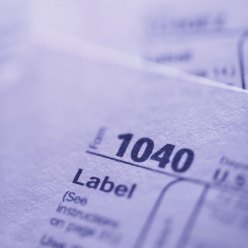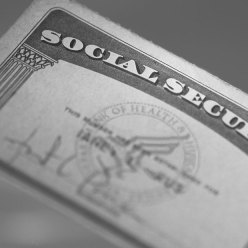In an unfortunate ruling, the Tax Court narrowed the definition of the term “minister” for federal tax purposes. This ruling will have an immediate impact on church treasurers and bookkeepers, since special tax and reporting rules apply to “ministers” under federal tax law. These rules include:
- eligibility for housing allowances
- self-employed status for social security purposes
- exemption of wages from income tax withholding (ministers use the quarterly estimated tax procedure to pay their taxes, unless they elect voluntary withholding)
- eligibility under very limited circumstances to exempt themselves from self-employment taxes
The Tax Court ruled that a “minister” for tax purposes is someone who is ordained, licensed, or commissioned, and who satisfies all 3 of the following factors: (1) administers sacerdotal functions (such as marriages, funerals, baptisms, communion); (2) conducts religious worship; and (3) is engaged in the “control, conduct, and maintenance” of a church or church-controlled organization (this refers to directing, managing, or promoting the activities of the church or organization).
There are many ministers who do not satisfy all three factors. Common examples include some associate pastors, youth pastors, and clergy serving in parachurch ministries. The impact of the Court’s narrow definition is illustrated in the following examples.
Example. Rev. G is youth minister at First Church. He conducts a weekly worship service for the youth of the church, and occasionally performs weddings, baptisms, and communion. Rev. G is not affected by the Court’s ruling, and remains a “minister” for federal tax purposes. As such, he is eligible for the housing allowance, his wages are exempt from income tax withholding, and he is self-employed for social security purposes with respect to his church compensation.
Example. K is the full-time music minister at her church. While her official title is “minister of music” she has never been ordained, commissioned, or licensed as a minister. She does not qualify as a minister for federal tax purposes. This is so even if she leads worship and engages in pastoral duties, since she is not ordained, commissioned, or licensed. She is not eligible for a housing allowance, she is an employee for social security purposes (the church should withhold FICA taxes from her wages), her wages are subject to income tax withholding, and she is not eligible for an exemption from self-employment taxes.
Tip. Church treasurers should never treat a minister as an employee for social security purposes. Why? Because federal law states that ministers are always self-employed for social security purposes with respect to their ministerial services. So, do not withhold FICA taxes from a minister’s wages, or report a minister’s wages as subject to FICA taxes on the W-2 form. Ministers pay the self-employment tax (the social security tax for the self-employed). This is very confusing, since most ministers are employees for federal income tax purposes. In other words, ministers have a dual tax status. Church treasurers must keep this important point in mind.


